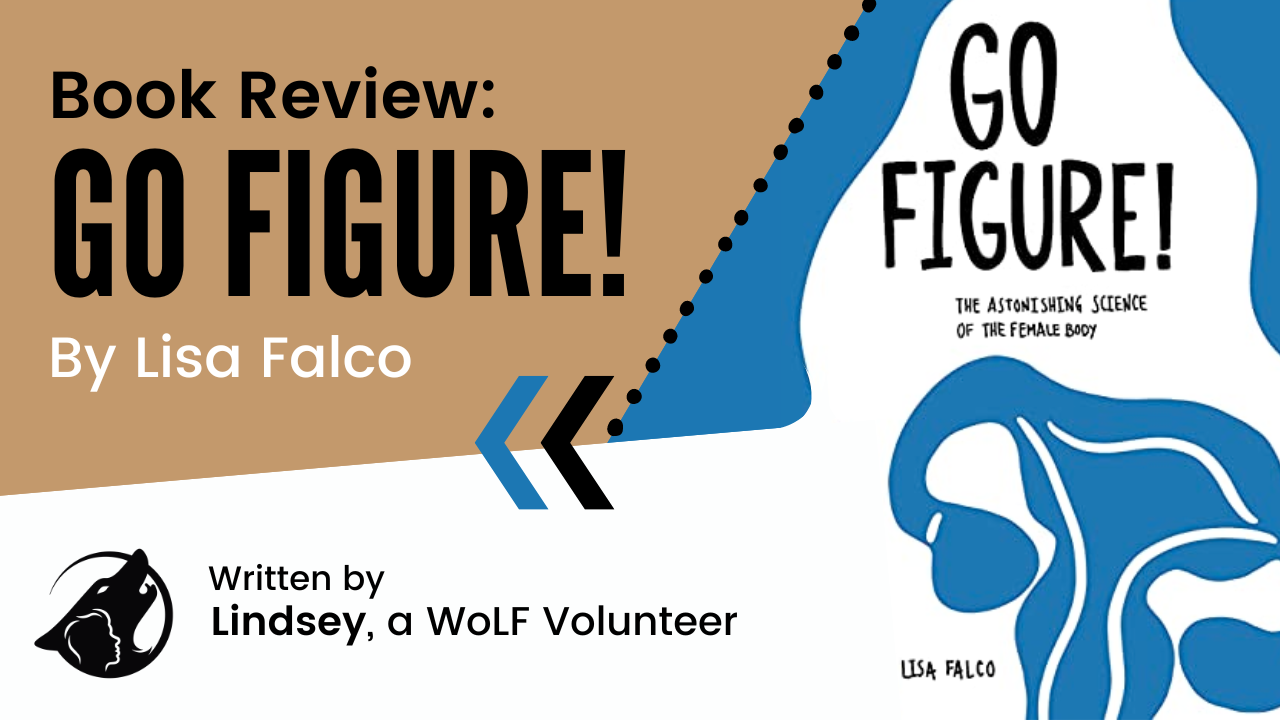Book Review: The Case Against the Sexual Revolution
Written by Lindsey, a WoLF Volunteer
Louise Perry begins her new book, The Case Against the Sexual Revolution, with a juxtaposition of the iconic lives of Marilyn Monroe and Hugh Hefner. Perry argues that the experiences of Monroe and of Hefner are an apt analogy for the Sexual Revolution. It's a convincing argument; so is her argument that, in many ways, the Sexual Revolution has harmed women.
Excluding the notes and bibliography, the book is less than 200 pages, but Perry packs in a lot of content. Perry's writing style is succinct and easy to read, which is good because sometimes the subject matter of her writing (rape, prostitution, porn, emotionally detached sex) is difficult to grapple with. The initial idea for the book came from Perry's time working at a rape crisis center and her reading of the book A Natural History of Rape by Thornhill and Palmer.
According to Perry, the Sexual Revolution ushered into Western Society a "sexual disenchantment": the idea that sex means nothing. It is merely another leisure activity, one which "exemplifies freedom overall values." This disenchantment has had several largely unexamined consequences, primarily for women.
In just eight chapters, Perry makes several bold arguments. She states that there are fundamental differences between men and women, both in terms of physical strength and motivation. Perry argues that certain desires are bad— we need not heedlessly bow before every (primarily male) sexual fetish and claim them all equal; that vaporizing "having sex like a man" will not bring about women's liberation— in fact, this 'cad-mode' should not even be what we encourage for men; that consent is a poor the benchmark for what is acceptable, and in the case of porn, violence, and prostitution a person can not give true consent. She ends with what (based on other reviews I have read) is the most controversial claim: marriage is good, and we should listen to the wisdom of our mothers.
A lot of ideas that Perry speaks against are so ubiquitous, so much 'the water that we all swim in' that we never even really think about them. But Perry invites us all to grapple with these difficult problems. She says, "Every social change has trade offs, which are obscured by the simplistic narrative that leaves no space for complexity." Perry's book begins to make space for discussions of that complexity.
I did have one disappointment with the book. In hearing Perry speak, I have heard her say that she hopes her book will speak to the younger generation. I fear she missed her mark there. For most 30- to 50-year-old women, this book will make so much sense. But for the younger generation, already confused about biological sex, arguments about evolutionary psychology are likely to fall on deaf ears. And the descriptions of the impacts of the sexual revolution might turn them off womanhood even more.
In short, if you are over 30, I highly recommend reading Louise Perry's The Case Against the Sexual Revolution, and if you are considering giving it to a women under 30, read it yourself first.
Support WoLF while you read!
Use the Bookshop.org affiliate link we’ve provided above to ensure that a small portion of the money you spend on these books supports our radical feminist work.
READ MORE
Contributors to WoLF Tracks have provided permission to share their content. While WoLF does not necessarily endorse all of the content in WoLF Tracks, we value our members' contributions and request revisions or edits to improve readability. Please read our User Generated Content policy for more information on community content. Learn more about WoLF membership here.






